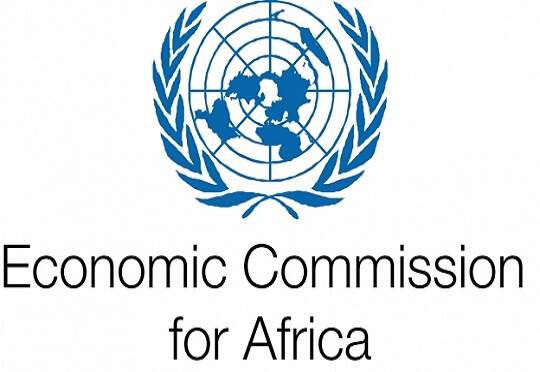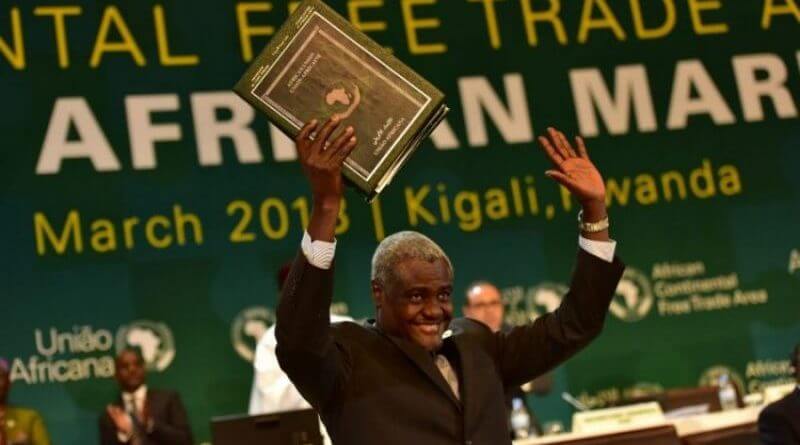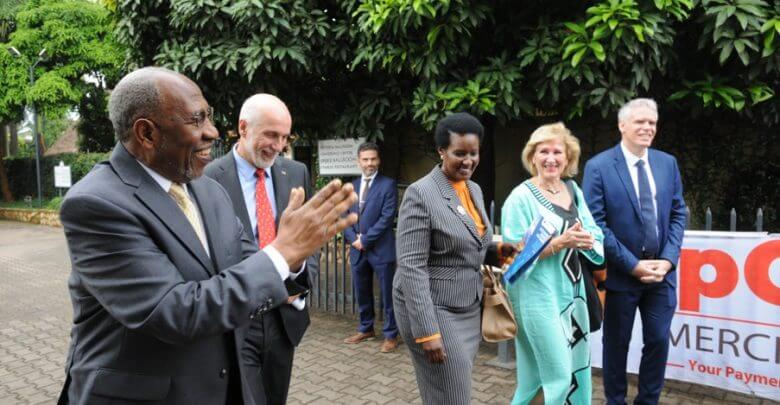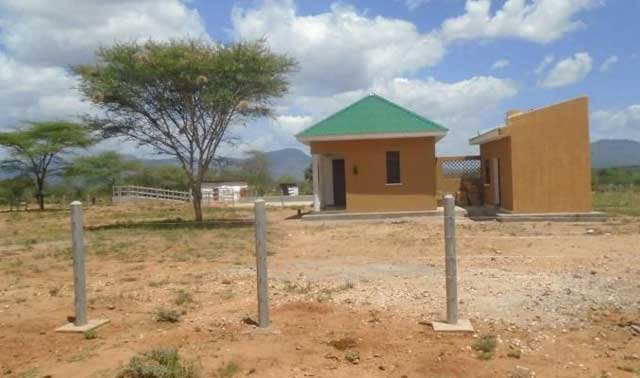The implementation of the African Continental Free Trade Area (AfCFTA) in Eastern Africa could result in welfare gains amounting to USD 1.8 billion for East Africa, boosting intra-African exports by more than USD 1.1 billion and creating more than 2 million new jobs, says a new report. This report, entitled: “Creating a Unified Regional Market - Towards the Implementation of The African Continental Free Trade Area in East Africa” jointly published by the UN Economic Commission for Africa (ECA) and Trademark East Africa, was launched in Nairobi, Kenya. Betty Maina, Kenya’s minister for trade and industrialisation, explained that her country pursues growth in trade by identifying different markets to its products. She stressed that to maximise benefits from the AfCFTA, greater attention must be geared towards supply chains in agricultural commodities and processed food products to scale it up to the continental level. “We need to up our game and I am glad that large numbers of young people enter the food processing industry, which provides a lot of jobs for our youth”, she said. Stephen Karingi, Director Regional Integration and Trade Division at the ECA, who also attended the event, said that by 2040 the AfCFTA has the potential to increase the value of agricultural and food exports on the continent by US$16.8 billion. Karingi noted that according to recent estimates by ECA, the largest percentage increases - that is over 25 per cent in intra-African exports for industrial sectors - are found in textile, wearing apparel, leather, wood...
New report highlights significant gains from AfCFTA implementation in East Africa
Posted on: March 23, 2020
Posted on: March 23, 2020
























